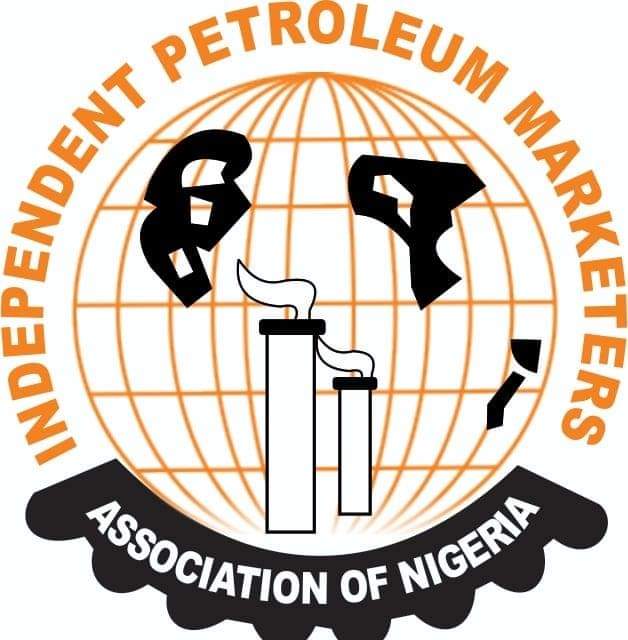In recent statements, Abubakar Garima, the National President of the Independent Petroleum Marketers Association of Nigeria (IPMAN), revealed that the Nigerian National Petroleum Company Limited (NNPCL) owes petroleum marketers nearly N15 billion. This revelation was made during an interview on Channel TV’s Sunrise Daily, indicating significant financial dissatisfaction within the sector. Garima emphasized that IPMAN members have not been able to load any trucks since the NNPCL increased its pump prices. He pointed out that their funds have been effectively held by the NNPCL, which has not only failed to distribute the product marketers have paid for, but is also insisting that members cover the price difference.
Garima clarified that the marketers’ money has been with the NNPCL for about three months, further complicating the situation. He suggested that NNPCL should either sell fuel to the marketers at the price they obtain from the Dangote Refinery or provide a refund. This situation has placed immense pressure on the marketers, hindering their ability to operate effectively in the market. Garima’s comments underscore the wider issues within Nigeria’s fuel supply sector, which have been exacerbated by recent price hikes and supply shortages.
The crisis took a noticeable turn after the NNPCL began sourcing Premium Motor Spirit (PMS), commonly referred to as petrol, from the Dangote Petroleum Refinery. Despite this sourcing, many filling stations across Nigeria remain empty and unable to provide fuel to consumers, illustrating a mismatch between supply and demand in the market. PUNCH Online has reported on this troubling development, highlighting the operational paralysis that has struck the independent marketers since the price adjustment.
In response to the ongoing challenges, IPMAN has called on the Federal Government to allow members to source their petroleum products directly from the refineries. This approach, they argue, would alleviate some of the pressures faced by marketers, ultimately serving the needs of consumers more effectively. On October 1, 2024, this plea was reiterated in an independence message from IPMAN, stressing the urgency for reforms that would ease the supply constraints in the sector.
The financial dynamics between IPMAN and NNPCL reflect broader issues in the Nigerian petroleum industry. The ongoing debts owed to the marketers not only threaten the viability of many businesses but also contribute to the stagnation of fuel distribution across the country. With limited access to the products they have already paid for, independent marketers face a crippling operational environment, which could lead to larger economic ramifications if unresolved.
As the situation develops, the need for action from both the government and the NNPCL becomes critical. Addressing the immediate financial debts and improving the supply chain for fuel distribution could help stabilize the market. Additionally, allowing independent marketers to directly source petroleum products would foster competition and potentially lead to better pricing and availability for consumers. The welfare of the petroleum sector remains a pressing concern for both stakeholders and consumers alike within Nigeria’s complex fuel market landscape.














